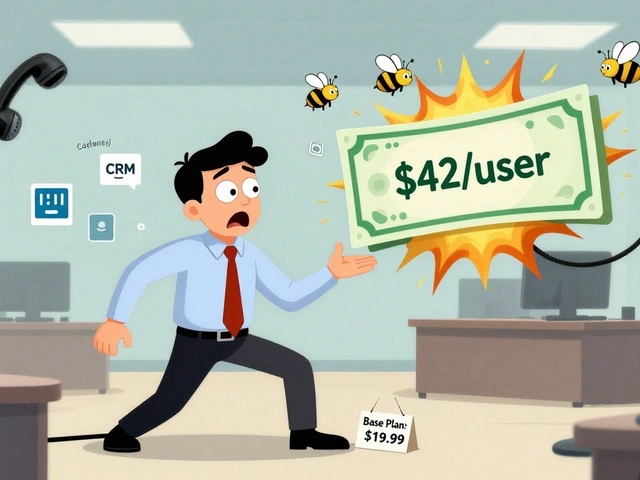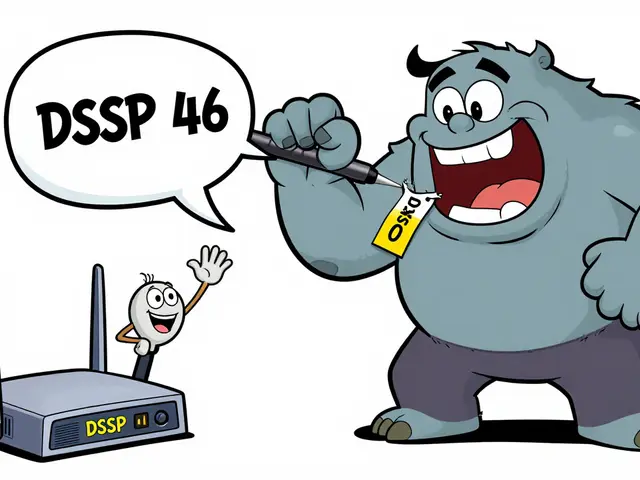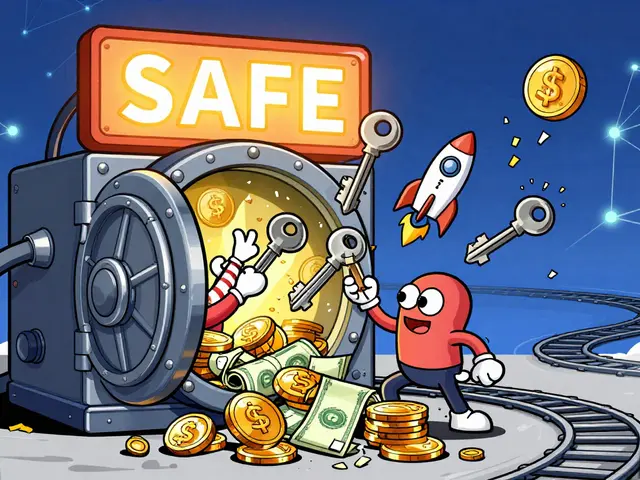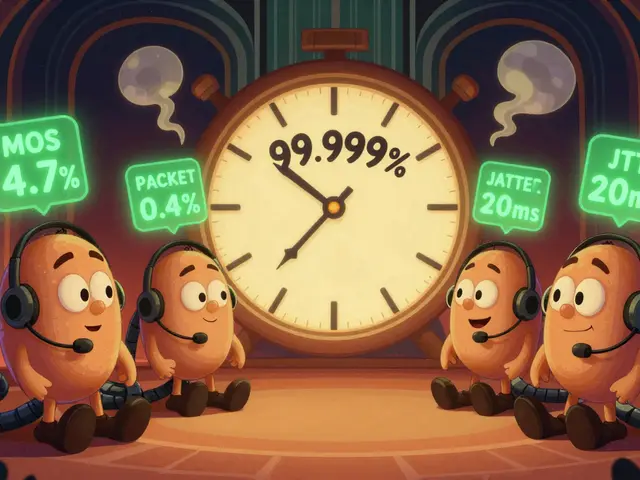Call Recording Compliance: Laws, Risks, and How to Stay Legal
When you record a call, you’re not just saving a conversation—you’re handling sensitive data that’s protected by law. Call recording compliance, the set of legal rules governing when and how voice conversations can be recorded. Also known as audio recording laws, it varies by country, state, and even industry—and ignoring it can cost you thousands in fines or lawsuits. This isn’t about tech setups or file formats. It’s about whether you have the right to record in the first place.
Two main rules govern this: one-party consent, where only one person in the call needs to know recording is happening, and two-party (or all-party) consent, where everyone must agree before recording starts. In the U.S., 38 states follow one-party consent, but places like California, Illinois, and Pennsylvania demand everyone’s permission. In the EU, the GDPR treats call recordings as personal data—so you need clear legal grounds, like consent or legitimate business interest. And if you’re in healthcare, finance, or legal services? You’re under extra scrutiny. HIPAA, PCI-DSS, and other rules don’t just ask you to record safely—they demand you store, encrypt, and delete recordings properly.
It’s not just about avoiding penalties. Poor compliance breaks trust. Customers who find out they were recorded without knowing won’t just leave—they’ll post about it. And regulators don’t care if you "didn’t mean to." If your VoIP system records calls by default, or your sales team uses a softphone app that auto-saves, you’re already at risk. You need clear policies, training, and technical controls—like muting recording until consent is given, or adding a beep tone every 15 seconds as required in some states.
Below, you’ll find real-world guides on how to set up compliant recording in VoIP systems, how to handle consent in customer service, and which tools actually help you stay legal—not just record calls. Whether you run a call center, work remotely, or just need to save a conversation for your own records, these posts give you the facts you need to act safely and confidently.
Understand call recording compliance, secure storage, and legal playback in 2025. Learn state laws, encryption rules, retention periods, and AI risks for VoIP systems.







